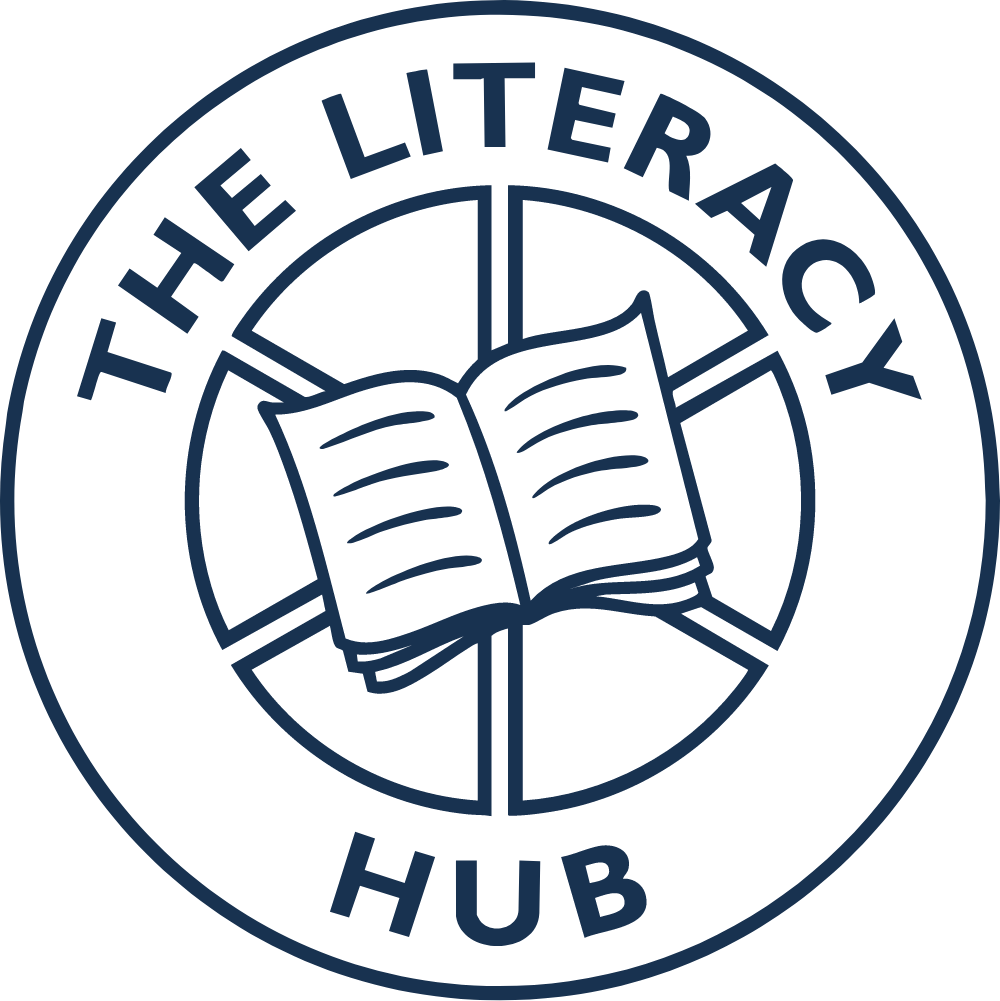Melissa and Lori Love Literacy
Melissa Loftus and Lori Sappington are former teachers from Baltimore, and this podcast follows their journey to improve their knowledge of literacy teaching.
Melissa and Lori have an unintimidating and friendly approach, and their genuine desire to improve pupils’ reading in the classroom really comes across. They have a talent for asking the questions that teachers want to know the answers to, and they have some excellent guests! Transcripts of each episode are available on their website.
Recommended episodes:
Episode 156: Science of Reading Beyond Phonics: Vocabulary Instruction with Sean Morrisey
Sean Morrissey is a classroom teacher, and this podcast is a refreshing perspective from an enthusiastic teacher who describes his experience of putting vocabulary instruction into practice. I liked the wide range of ways Sean integrates vocabulary into the classroom rather than just having a ‘vocabulary instruction’ slot.
Sean uses a range of strategies from the book Bringing Words to Life (reviewed here) such as explicitly introducing words with a pupil-friendly definition, using words in context to bring out their meaning and reinforcing the meaning with video, placing words on a meaning continuum (e.g. unpleasant to putrid), and revisiting words over time to reinforce learning. He also uses morphology to help pupils see the connections between words, integrates vocabulary teaching with fluency readings, and uses mini-whiteboards to get all pupils involved in vocabulary learning.
Episode 188: How to Teach Students to Read Irregular Words with Danielle Colenbrander & Katie Pace Miles
Danielle Colenbrander’s research is definitely worth reading if you’re interested in the best ways to teach reading and spelling. She and Katie Pace Miles cover a lot of technical concepts in literacy teaching in this episode – orthographic mapping, irregular words, sight words, mispronunciation correction and morphology. They explain the concepts clearly, and their discussion is grounded in what the evidence can tell us about the best ways to teach reading and spelling – and they are frank about when there isn’t sufficient evidence to be sure of the best approach.
There’s a good discussion of how ‘irregular’ words should be seen as part of a continuum from regular to irregular, rather than as a separate category, and this has implications for how words should be taught.
Episode 210: How Can You Improve Fluency for Older Students? With Janee’ Butler
A unusually candid take on the problems faced by high-school (secondary) teachers dealing with poor literacy skills. As a US podcast, it is commenting on the US system, but UK teachers will be familiar with lots of the issues that are presented: How do you find out what students are struggling with? How do you deal with timetabling of interventions? How can you help students learn to read when you haven’t had the training? How can you teach decoding to teenagers without being patronising?
There is less of a focus on solutions than in many other episodes, but Janee’ gives some suggestions for addressing fluency in a class of struggling readers. She recommends planning lessons with a specific focus on aspects of the text that they will find difficult – tricky vocabulary, idiomatic sentences and difficult concepts. And, for learners with decoding issues, rather than patronising them with babyish phonics, use vocabulary at an appropriate level, but break it down into syllables and morphemes.
